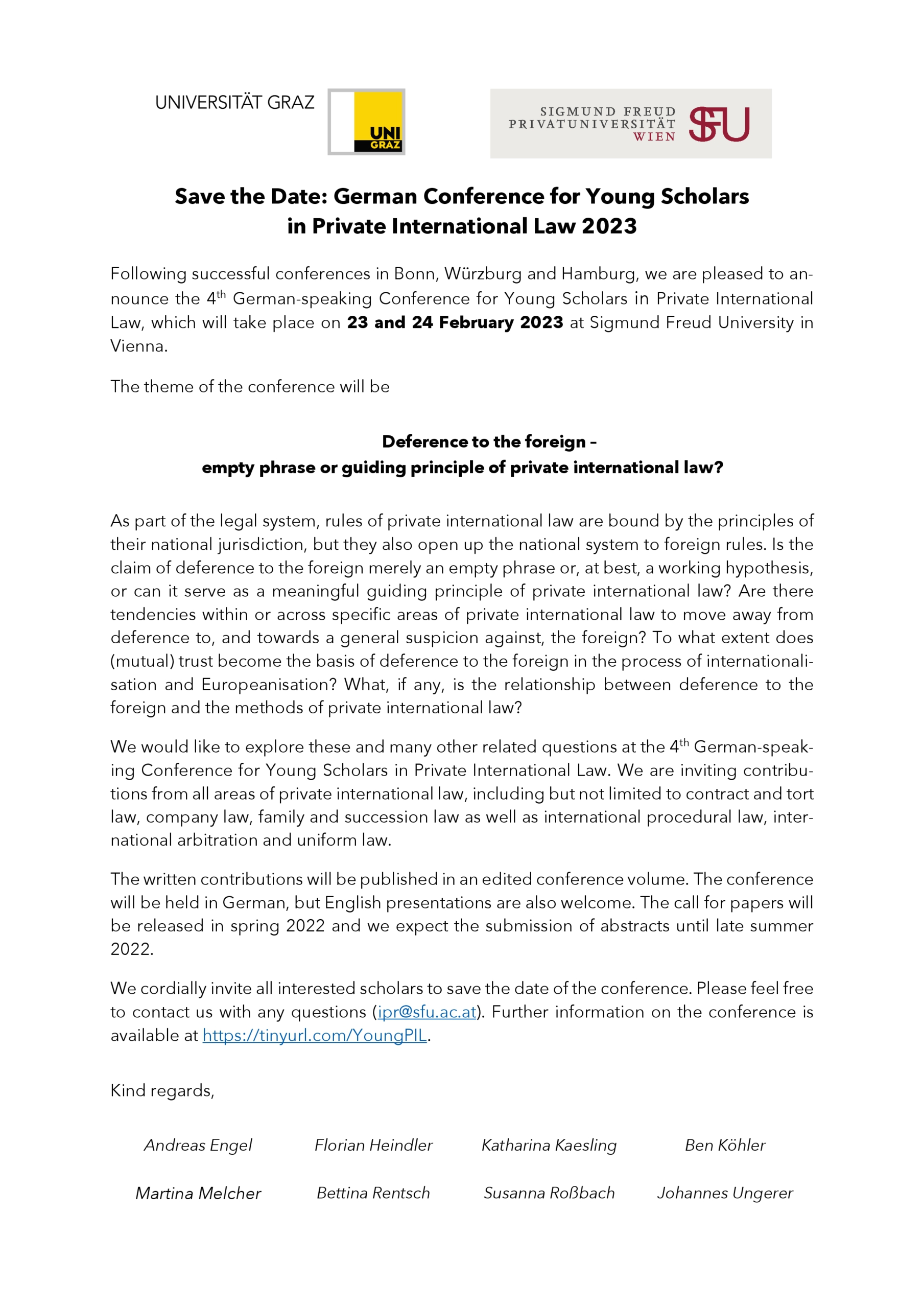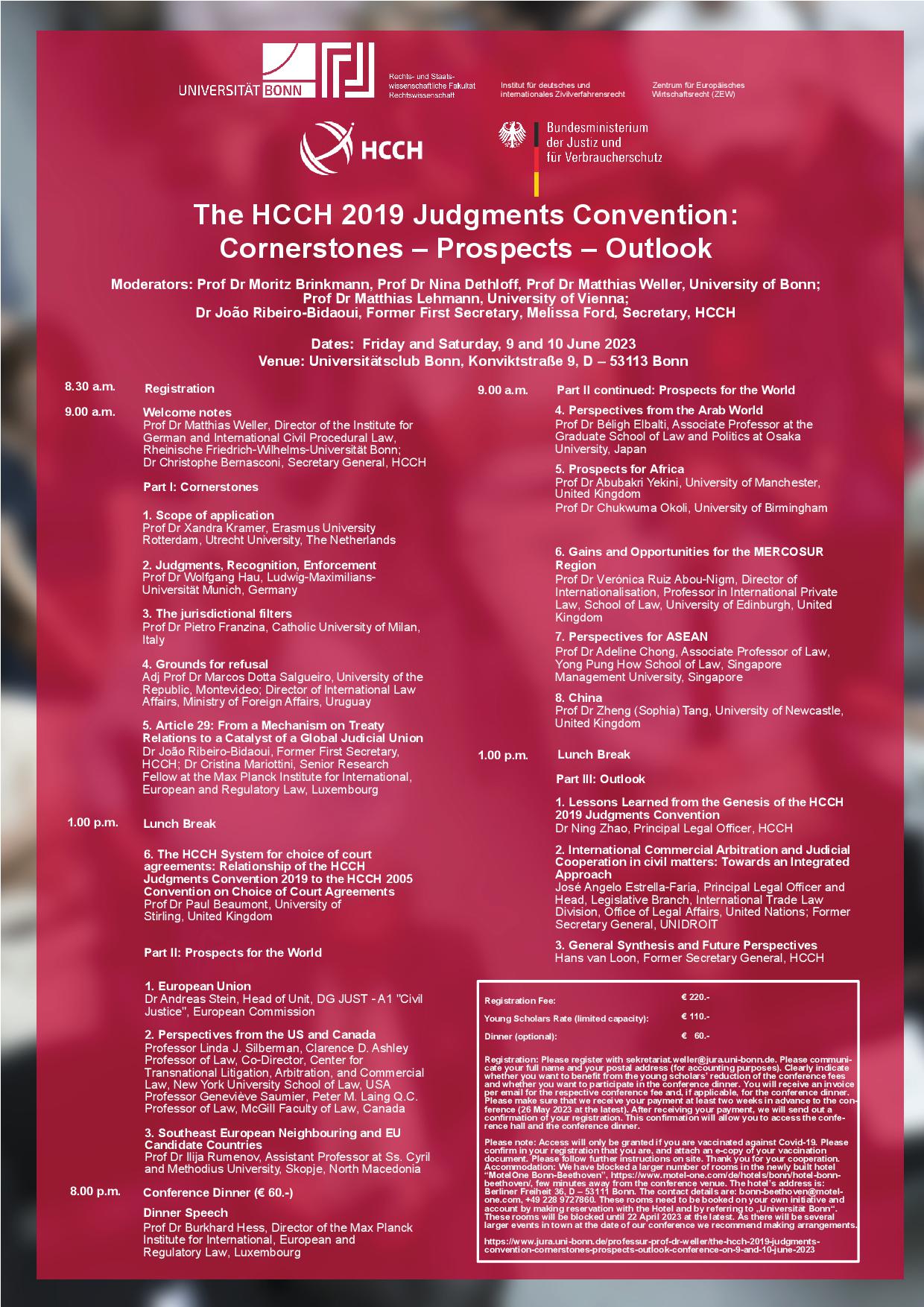Wang Jingru, Wuhan University Institute of International Law
Background
In November 2022, Beijing Fourth Intermediate People’s Court delivered the landmark decision in Ruili Airlines Co. Ltd. and Others v. CLC Aircraft Leasing (Tianjin) Co., Ltd. For the first instance, the Chinese court confirmed the legitimacy of third-party funding in arbitration and clarified the standard of review regarding the challenge towards it.
In 2021, the CIETAC rendered an arbitral award addressing the dispute arising from an aircraft leasing agreement. In this case, the claimant, CLC Aircraft Leasing (Tianjin) Co., Ltd., was funded by a third-party funder, IMF Bentham Limited. The respondents, Ruili Airlines Co. Ltd. (Ruili Airlines), Yunnan Jingcheng Group Co., Ltd. and Dong Lecheng, opposed enforcement of the award before Wuxi Intermediate People’s Court .[i] After being dismissed by the Wuxi Court, the respondents challenged the arbitral award before Beijing Fourth Intermediate People’s Court and were again dismissed.[ii]
Legal Issues
The respondents challenged the arbitral awards based on four grounds: first, the composition of the tribunal was not in accordance with the arbitration rules; second, the claimant and the tribunal breached the principle of confidentiality for disclosing information to the third-party funder; third, the tribunal failed to bear the parties fair opportunity to present the case; fourth, the arbitral award infringed the social public interest.[iii] The court reviewed the challenge under Article 281 of the Chinese Civil Procedure Law, which dealt with the challenge to foreign-related arbitral awards. Given our focus on third-party funding, this note only discussed the first two grounds.
Composition of the Tribunal
The respondents submitted that Rollin Chan, the arbitrator appointed by the claimant, was affiliated with the Nixon Peabody CWL, a Hong Kong law firm which had a significant relationship with the funder, IMF Bentham Limited. The Nixon Peabody CWL Law Firm had provided legal services to HSBC Group and JP Morgan Group, which were actual controllers of IMF Bentham Limited’s two main shareholders, HSBC Custody Nominees (Australia) Limited and JP Morgan Nominees Australia Limited. The respondents argued that this relationship fell within the arbitrator’s obligation to disclose. However, neither did Rollin Chan disclose the relationship nor did he resign, which raised justifiable doubts about his independence and impartiality.
The court first pointed out that the current law did not prohibit third-party funding arbitration. The third-party funding and the funder’s relationship with the arbitrator are related to the credibility of arbitration and the integrity of the award. Therefore, the court’s analysis focused on the challenge to the arbitrator and the disclosure of the third-party funder.
As explained by the court, the mechanism of challenge to arbitrators intended to eliminate the arbitrators with conflicts of interest which might undermine the fair trial and decision. The disclosure obligation requires the arbitrators to disclose any fact within their knowledge regarding their relationship with the case, the parties, members of the tribunal or other situations which may raise justifiable doubts about their independence and impartiality to the parties and the arbitration institution. Meanwhile, the court stressed that the arbitrators’ obligation to disclose should be based on their knowledge of potential conflicts of interest which may give rise to justifiable doubts about their independence and impartiality. Arbitrators could be challenged based on grounds specified by law or arbitration rules. If the relations were not known to the arbitrators and were insufficient to undermine the independence and impartiality of the arbitration, the arbitrator would not breach the duty for not disclosing the relationship. Likewise, there would be no violation against the provision of challenge to arbitrators.
In this case, the court found that Rollin Chan was a consultant of Nixon Peabody CWL instead of an associate or a partner who got dividends. He was based in Shanghai instead of Hong Kong. He did not engage in office matters and did not know about the dealings between Nixon Peabody CWL and IMF’s shareholders, as well as their actual controllers. Also, it was confirmed that none of them had been Nixon Peabody CWL’s clients. While they could connect with Nixon Peabody law firms in other regions, those law firms were independent of Nixon Peabody CWL. Nixon Peabody was an international lawyer network. Law firms within the network were separate entities subject to respective supervision of different jurisdictions. These law firms did not share client information or financial income. The respondents presented evidence to expose the business relationship between Nixon Peabody LLP (US) and HSBC (US), JP Morgan (US). However, the evidence mistook Nixon Peabody LLP (US) for Nixon Peabody CWL (HK). Also, HSBC (US) and JP Morgan (US) were different from the funder’s shareholders, HSBC Custody Nominees (Australia) Limited and JP Morgan Nominees Australia Limited. Therefore, the court concluded that the evidence was insufficient to prove the conflicts of interest or create a ground for challenge.
The court confirmed that the civil party had the legitimate right to accept third-party funding. Such a choice shall be respected as long as the arrangement does not breach the law or undermine the integrity of the award. In the absence of guidance on the disclosure of third-party funding, it is encourageable for the party to disclose the existence of third-party funding, which assists the parties in exercising their right based on the information.
Confidentiality
The respondents submitted that the third-party funder got information on the procedure and merits of the case. Considering that the funder was a listed company, the outcome of the case could be disclosed to the public. Therefore, the claimant and the tribunal breach the principle of confidentiality.
As acknowledged by the claimant, information including the procedural arrangement and the arbitral award was shared with the funder. For this issue, the court clarified that the key to confidentiality was withholding the information from the public so as to protect the parties’ commercial secrets and social image. While the arbitration rules prohibit disclosure to the “outsider”, information can be shared with the people concerned. In practice, the people concerned, such as the secretary of the tribunal and the parties’ shareholders who had significant interest in the case, could gain information about the arbitration, even though such disclosure was not explicitly allowed by the arbitration rules. Since the current rules did not preclude third-party funders from sponsoring the parties to engage in arbitration, the establishment of a funding relationship did not violate the principle of confidentiality.
Comments
Supporters of third-party funding argue that this mechanism could promote access to justice for impecunious parties and help the parties to overcome liquidity issues,[iv] which makes it an essential complement to the arbitration market. However, despite the fact that the third-party funding in arbitration has somewhat become a common phenomenon, worries about its adverse influence on arbitration are not unfounded. Third-party funders are stimulated by the economic interest directly connected to the outcome of the arbitration. To secure the recovery and maximize the profit, third-party funders may recommend counsel or arbitrators with whom they are familiar to the parties. They may also precipitate the “claim inflation” which exceeds the real loss of the funded party.[v] The third-party funding raises debate on its legitimacy and brings novel questions to be answered.
In this case, the Chinese court directly clarified the legitimacy of third-party funding and the standard of review. With the ambition to build up an attractive arbitral seat, China takes a rather friendly position to embrace this fast-growing mechanism. The court confirmed that third-party funding was not forbidden by the current law. Accordingly, it is natural to disclose relevant information to the third-party funder which is not viewed as a breach of confidentiality. The challenge to third-party funding will be assessed case by case. The arbitral award can only be set aside if third-party funding hinders the arbitration proceedings or undermine the integrity of the arbitral awards. The decision also shed some light on procedural control over third-party funding arbitration. The court held that the relationship between the arbitrator and third-party funder could also give rise to justifiable doubts about the arbitrator’s independence and impartiality. Besides, without explicit guidance of law, the court encouraged the funded party to disclose the existence of third-party funding, which was consistent with the common anticipation of arbitration practitioners.[vi] Whilst a single decision is not required to address everything, the way forward remains to be seen.
[i] See Ruili Airlines Co. Ltd. and Others v. CLC Aircraft Leasing (Tianjin) Co., Ltd. (2022) Su 02 Zhi Yi No. 14.
[ii] See Ruili Airlines Co. Ltd. and Others v. CLC Aircraft Leasing (Tianjin) Co., Ltd. (2022) Jing 04 Min Te No. 368.
[iii] Ibid.
[iv] See Marie Stoyanov and Olga Owczarek, ‘Third-Party Funding in International Arbitration: Is it Time for Some Soft Rules?’ (2015) 2(1) BCDR International Arbitration Review 171, 172.
[v] See John Beechey, ‘The Pandora’s Box of Third-Party Funding: Some Practical Suggestions for Arbitrators in Light of Recent Developments’ (2019) 20 ICCA Congress Series 558, 573.
[vi] See School of International Arbitration at Queen Mary University of London, 2015 Improvements and Innovations in International Arbitration, available at: https://arbitration.qmul.ac.uk/research/2015/index.html.


 This is a call for papers and panels for the Conflict of Laws section of the 2023 Society of Legal Scholars’ Annual Conference to be held at Oxford Brookes, from 27th – 30th June. The Conflict of Laws section will meet in the second half of the conference on 29–30 June and will have four sessions, each lasting 90 minutes.
This is a call for papers and panels for the Conflict of Laws section of the 2023 Society of Legal Scholars’ Annual Conference to be held at Oxford Brookes, from 27th – 30th June. The Conflict of Laws section will meet in the second half of the conference on 29–30 June and will have four sessions, each lasting 90 minutes.

